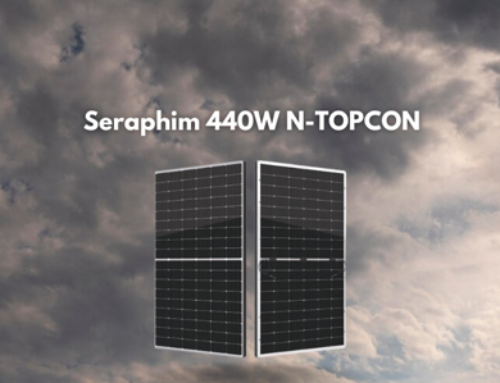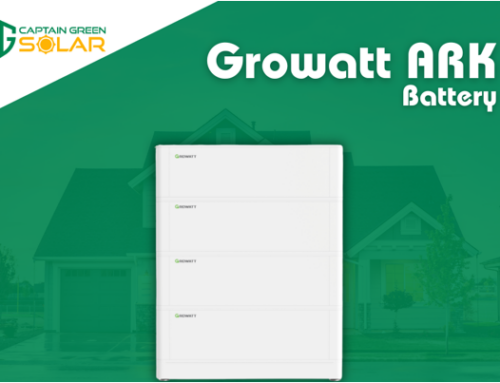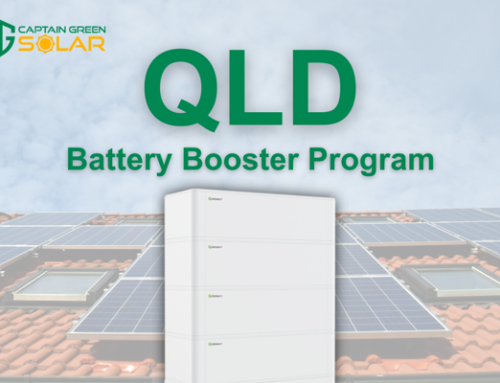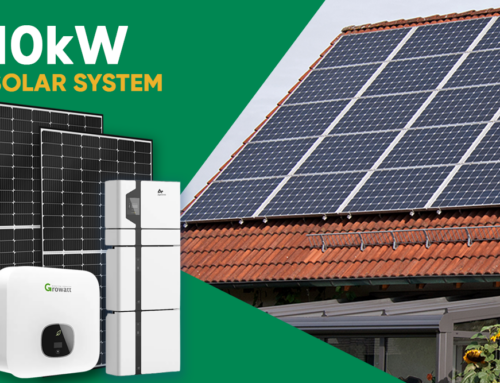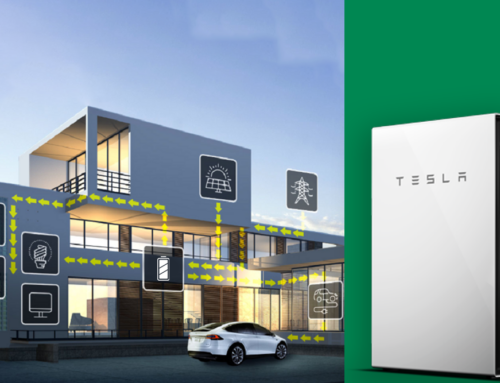Article from news.com.au , CLICK HERE to read original article
Solar energy: What is it and is it more efficient?
It’s the home upgrade that can pay for itself, and for this tradie, it got his electricity bills down from more than $900 to $67 a quarter.
Our recommendations are dedicated to helping you find the right product at the right price. We may receive revenue from affiliate and advertising partnerships for sharing this content and when you make a purchase. Learn more
You just need the initial outlay to pay for it.
Speaking from experience, Captain Green Solar’s National Installation manager, Luke Vallance said he’s personally reduced his electricity bills from $900 to $1200 a quarter to $67 to $200 and told news.com.au that it’s a home upgrade you’d be “crazy” not to invest in.
“You can be a person who looks at everything you use or you can have solar panels and use what you want, not worry about it and you know it’s still saving you money,” he said.
“My personal opinion, is that if you’ve got the money to spend on the system, you’d be crazy not to.”
WHAT IS SOLAR ENERGY?
First things first, what exactly is solar energy? As the name suggests, solar energy is created when sunlight is harvested and converted into electricity, generally using a photovoltaic (PV) panel system. The solar PV cell is encased in a glass and aluminium frame and converts light into electricity.
ARE SOLAR PANELS EFFICIENT?
When it comes to how efficient solar panel systems are, it does depend on whether your panels are positioned to harvest enough sunlight. There are, however, some situations where solar panels might not be right choice for your property.
For example, residents in apartments may not be able to find adequate space on their roof for the panels, while households with shaded roofs may require the extra installation of micro-inverters to harvest enough energy.
“While things like micro-inverters may help, they’ll also cost more and may not be worthwhile. Also keep in mind that if you’re chopping down trees, there’ll be less shade and you’ll be spending more on airconditioning to cool your house,” says Mr Vallance.
In these circumstances, he says it’s important to weigh up the additional expenses of getting the solar panels with how much you’d be able to save.
COMPARE SOLAR ENERGY PLANS

In some cases trees, or overly sloped or angled roofs may not suit the placement of solar panels. Picture: Instagram @captaingreensolar.Source:Instagram
WHAT ARE THE OTHER BENEFITS OF SOLAR POWER?
There are also other benefits of solar power, namely its environmental and financial positives. As a renewable energy source, solar energy doesn’t use water to generate electricity or release greenhouse gases and other toxic substances. Although the panels are made with some toxic chemicals and materials, their manufacturing process is less harmful to the environment when compared to coal-based energy sources.
The financial return also makes solar panels a great choice for households struggling with high electricity bills.
“The return on investment is quite good. It’ll pay itself off in roughly two-and-a-half years and then you continue saving on electricity from then on,” says Mr Vallance. “They also have quite good warranties on the panel too. The expected lifetime on a system is 25 years.”
SHOULD I GET A SOLAR BATTERY?
According to Mr Vallance, when it comes to solar batteries, it’s extremely important for consumers to calculate if investing in a battery is the right choice for the long run. Depending on the amount it stores, to the material it’s made of, the initial costs of $10,000 to $15,0000 may not be worth it.
“You’ve got to consider the payback period, the money it saves you and the warranty of the battery,” he said.
“Some people just want it because it’s the latest thing. The Tesla batteries we install are connected to the internet and do some cool things. If there’s a storm coming, the battery will decide to not charge the battery from the solar but charge it from the grid so that if there’s a blackout, you’ll still have power.”

Tesla’s solar batteries can be paired with existing solar panels in order to store the energy for your household’s use at a later date. Picture: Tesla.Source:Supplied
HOW MUCH CAN YOU SAVE WITH SOLAR?
Speaking to news.com.au, policy and research manager at sustainability advocacy group Renew, Damien Moyse estimated that a commonly sized $7500 solar PV system could save a household around $1000 to $15000 a year on their electricity bills.
And consumers can save even more if they pair their purchase with the federal and state rebates available.
“Someone basically spending $7500 to get back $1500 annually is a great deal. That’s better than you paying off your mortgage, or any share market, super fund or term deposit investment,” he said.
“The worst case scenario is a 20 per cent return on your money.”
*****************************************************************************************************


